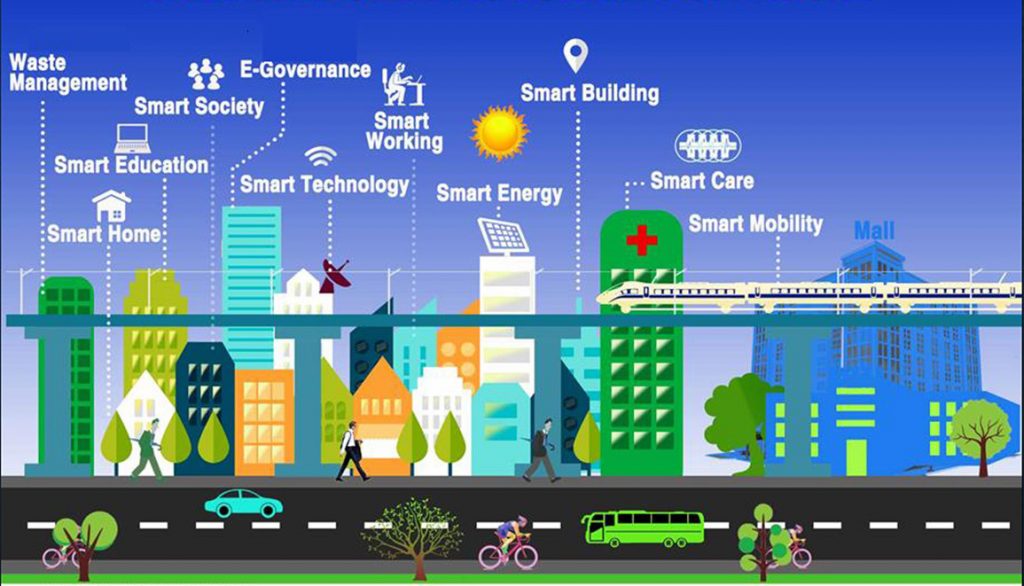 The explosion of digital data means changes in how we work, play, and interact with each other and with the technologies and devices we depend on. Nowhere is that change more apparent than in the than in movement to create smart and interconnected cities.
The explosion of digital data means changes in how we work, play, and interact with each other and with the technologies and devices we depend on. Nowhere is that change more apparent than in the than in movement to create smart and interconnected cities.
What started as an effort to integrate multiple information and communication technologies with sensors that collect data about transportation systems, power plant usage, water supply networks, and more has evolved into a transformation of urban environments using a data infrastructure that can monitor events, troubleshoot problems, and enable a better quality of life.
The South Big Data Hub will bring together leaders of the Smart Cities movement on Friday, Oct. 14 to discuss the data challenges—and the unprecedented opportunities—of creating smart and connected cities. The Smart and Connected Cities Community of Practice webinar runs from noon to 1:30 p.m. Eastern time and is open to all. To join the webinar, click here.
Featured speakers at the webinar will be:
- Daniel Morgan, the first-ever chief data scientist at the U.S. Department of Transportation. Morgan will talk about the DOT’s data challenge, which encourages developers to build apps that address public safety, access to transportation, and that help the department better understand and reduce traffic congestion.
- Tony Hamilton, of the IEEE Smart Cities Working Group. This working group of the Institute of Electrical and Electronics Engineers emerged to assist municipalities as they transition into Smart Cities. This includes raising awareness of the benefits and downsides of technology and guiding the appropriate uses of technology.
- Philip Bane, executive director of the Smart Cities Council. The council is a network of leaders in industry, academia, and government laboratories who advise communities on making the transition to smart technologies.
- Bart De Lathouwer, director of interoperability programs for the Open Geospatial Consortium, an international group of commercial, governmental, nonprofit and research organizations that encourages the development and implementation of open standards for geospatial content and services. He will talk about OGC’s Future City Pilot project, an effort to demonstrate how spatial data infrastructure can provide cities with insights and knowledge to support a better quality of life.
The South Big Data Hub is part of a network of four regional Big Data Hubs, launched by the National Science Foundation and funded in part by host universities and other partners. Managed jointly by RENCI at the University of North Carolina at Chapel Hill and the Georgia Institute of Technology, the South Hub serves 16 states and the District of Columbia.


